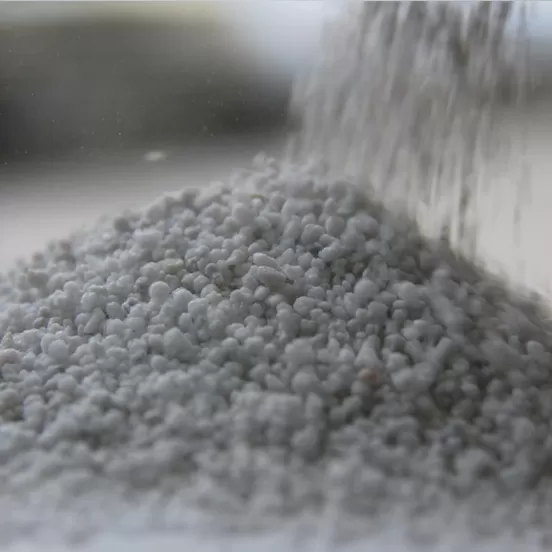About Us
HISTORY Our company was founded in 1993 as Akper Madencilik İnşaat Sanayi Taahhüt Ticaret Ltd. Ltd. It was established in Çankırı under the name. It has been operating since its establishment in order to exploit the rich perlite deposits in the Central Anatolia region. In this context, it started to produce Expanded Perlite by establishing the Perlite Expansion Facility in 1993. In a short time, it expanded its market share, increased its customer potential, and took a strong place in the market by increasing its equity capital. With the increasing market, our company grew day by day and laid the foundations of its second facility in the same region, establishing the Raw Perlite Crushing - Screening Plant. Thus, it started to produce Crushed, Screened (Sorted) Perlite. In 2005, a perlite mine was opened in the Çankırı-Orta (Kalfat) region, which has the highest quality and richest reserves in the region, and an integrated facility was built. Our company has been constantly keeping its portfolio open and improving since its establishment. It aims to deliver the products it produces to its customers without any problems and to make fast deliveries, for this purpose, it started to provide transportation (shipping) services within its own company in 1995 and has created a large distribution fleet by adding new vehicles to its transportation fleet in a short time. INSTITUTIONAL Since 1993, we have been producing high-quality Raw Perlite, Crushed-Sifted (Sorted) Perlite, and Expanded Perlite with our expert and experienced staff. We meet the needs of Raw Perlite and Expanded Perlite needed by the construction sector, the industrial sector, the agricultural sector, as well as the food, chemical, textile, and iron and steel industries. Its references include Turkey's companies and organizations that are leaders in their sectors. As a group, we believe that our hard work, without compromising on quality, and adhering to principles and value strategies, has brought us to this point. We are a company that sets difficult-to-achieve targets with its identity of being open to innovation, working customer-oriented, producing quality products, and moving towards the future in line with its goals.
Contact
- CENTER: Atatürk Bulvarı Şeyh İsmail Rumi İşhanı B / Blok Kat:1 No:6 ÇANKIRI/TÜRKİYE
- +90 376 213 11 59
- info@akper.com.tr
- General Mail
info@akper.com.tr - Yurtiçi Satış
sales@akper.com.tr - Yurtdışı Satış
export@akper.com.tr

